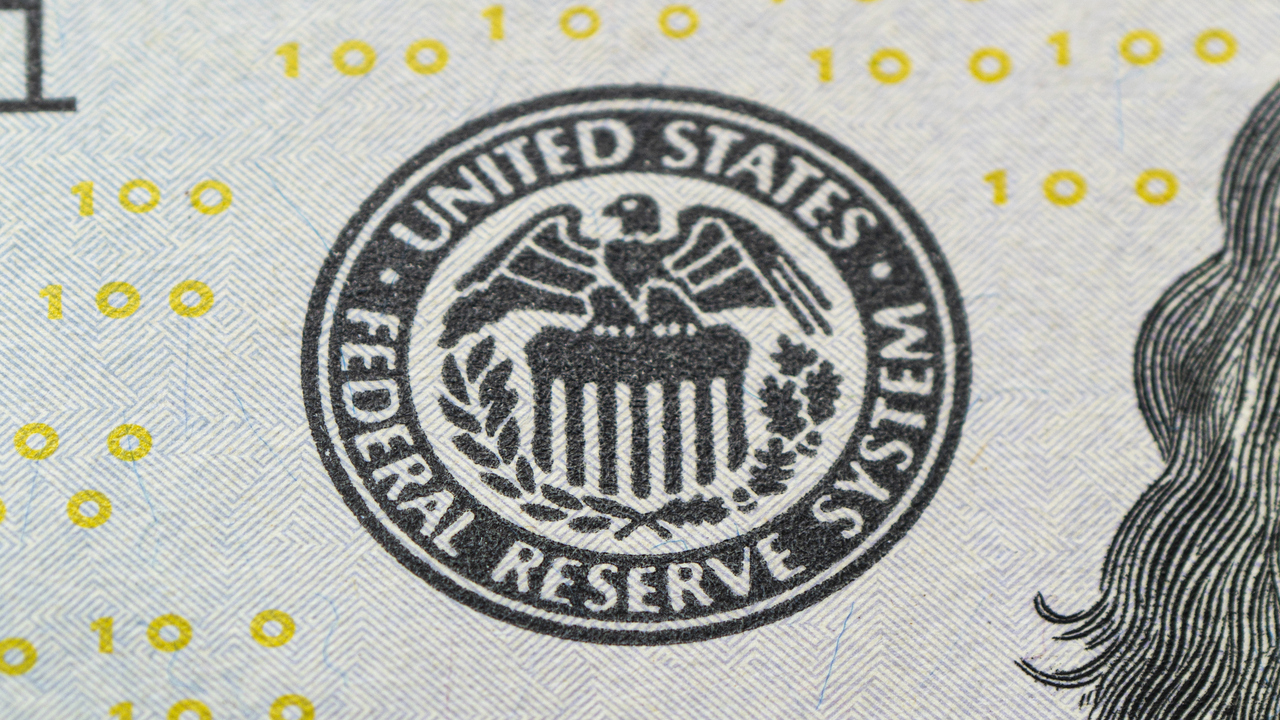At a recent fintech conference organized by the Philadelphia branch of the U.S. Federal Reserve System (Fed), the Fed’s vice chairman for supervision Michael Barr outlined the Fed’s commitment to building out a robust central bank digital currency (CBDC) payment infrastructure.
In addition to the Fed’s launch of “FedNow” in July, Barr explained “we are engaged in efforts to understand the next generation of payments technology and how it can be used to support a secure and efficient payments system. As the pace of innovation increases, the payments landscape continues to evolve with the emergence of new programmable payments platforms, including those built on distributed ledger technology and blockchain technology, and new forms of digital assets, such as cryptocurrencies, stablecoins, and central bank digital currencies (CBDCs).”
Barr elaborated, “We continue to speak to a broad range of stakeholders and conduct basic research in emerging technologies that might support a CBDC payments backbone, or for other purposes in the existing payments system. For example, the Fed’s CBDC research program is currently focused on system architecture, notably how ledgers that record ownership of and transactions in digital assets are maintained, secured, and verified, as well as tokenization models—that is, the design of the digital analog to the paper bank note that permits a transfer of value between two parties without direct facilitation by the issuing central bank.”
Barr did state that the Fed would not move forward on issuing a CBDC unless given authorization by the White House and legislation by Congress. Yet, the Fed is clearly anticipating that the global monetary system is moving in the direction of CBDCs.
See full document at FederalReserve.gov.
Jack McPherrin ([email protected]) is a managing editor of StoppingSocialism.com, research editor for The Heartland Institute, and a research fellow for Heartland's Socialism Research Center. He holds an MA in International Affairs from Loyola University-Chicago, and a dual BA in Economics and History from Boston College.






